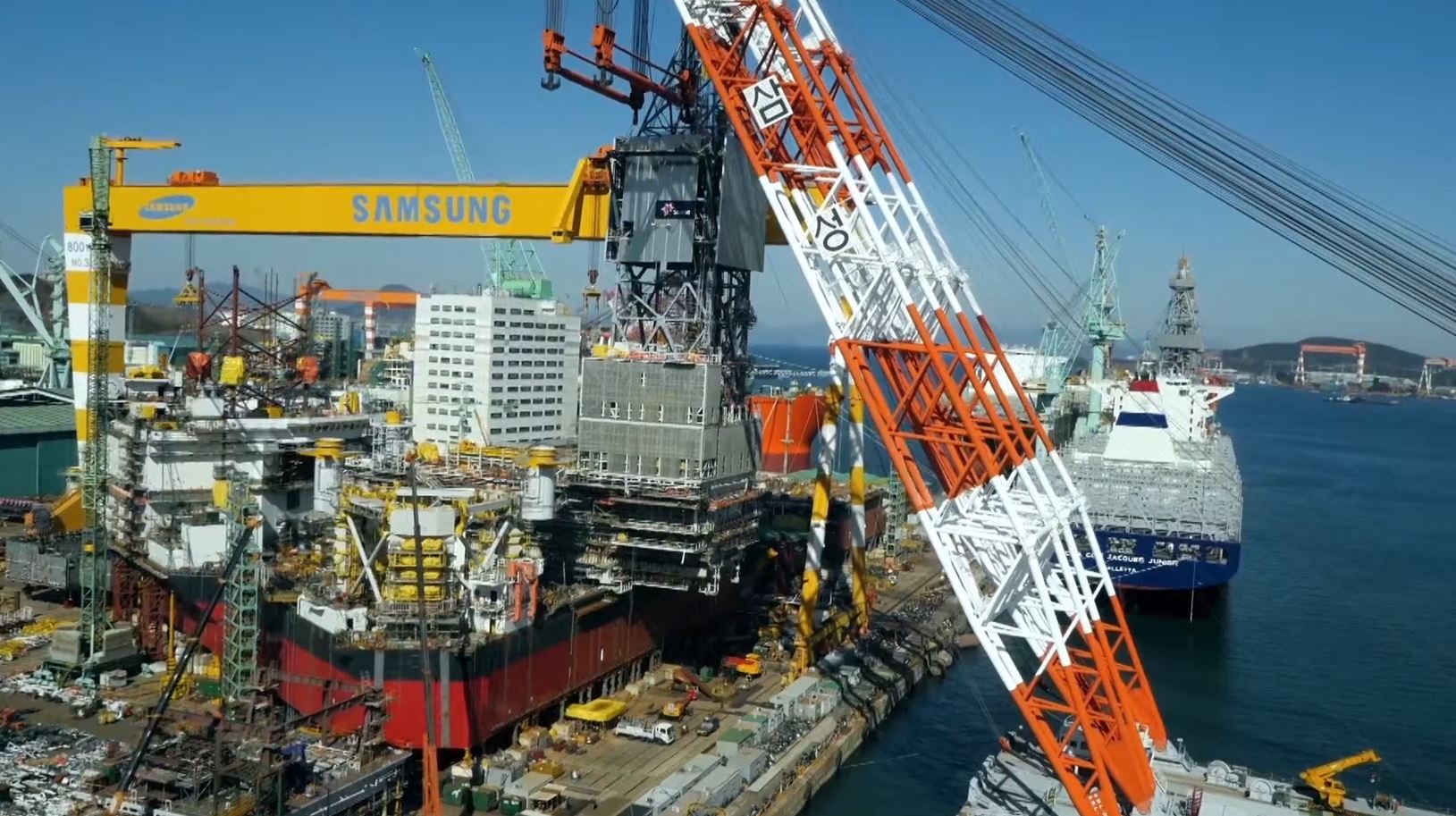UTM Offshore has signed a contract for the development of a floating liquefied natural gas facility in Nigeria with JGC Corporation, Technip Energies, and KBR.
It will be the first floating liquefied natural gas facility (FLNG) in Nigeria. The Hili Episeyo in Cameroon and, more recently, the Coral Sul FLNG in Mozambique, are the two FLNG units that are now operational in Africa. The Nigerian offshore block OML 204 development will make use of the FLNG unit.
Chief Timipre Sylva, Nigeria’s Minister of Petroleum Resources, claims that the FLNG will support Nigeria’s efforts to minimize flaring. As well as maximize environmental sustainability in energy initiatives. While maximizing the use of stranded gas resources in a sustainable manner.
Sylva claims that a lack of funding and technical difficulties are holding back Nigeria’s gas industry. According to the minister, the floating liquefied natural gas facility was a step in the right direction for development. As well as exploit, and profit from its over 209 trillion cubic feet (tcf) of proven gas resources. And a potential upside of 600 tcf of gas to ensure energy security, economic growth, and a decrease in emissions.
Also Read: New equipment to be inaugurated for Nigeria-Siemens power project
Remarks on the first floating liquefied natural gas facility in Nigeria
Sylva said, “We have already declared that gas is our transition fuel and a destination fuel. Additionally, we estimate that it will be a significant part of our energy mix by the year 2060. As a result of the vast resources that may be produced and utilized for commercial purposes.”
He added, “We believe that in order to sustain and power our expanding economy and bring millions out of poverty, affordable, accessible, and reliable energy will remain crucial. As a government, we are aware that we must take action to support the energy system’s evolution. We anticipate that the main forces behind change will be innovation, technology, and policy.”
Chairman of UTM Offshore, Julius Rone, said, “We choose FLNG because it was created with the intention of bringing gas from tiny offshore fields. And nearshore terminals in places without adequate infrastructure, particularly pipelines, to the global market. And the LNG market is constrained by conventional models that do not take into account the global desire for affordable, adaptable LNG to replace coal and liquids as the fuel of choice.”
Commenting on Africa’s gas and FLNG market trends, NJ Ayuk, Executive Chairman of the African Energy Chamber, said “Gas is environmentally friendly for Africa. And essential for advancing socioeconomic progress and eradicating energy poverty throughout the continent. The Chamber applauds UTM Offshore’s efforts as well as those of its investment and development partners, including the Afreximbank.”
“We took a stand during African Energy Week to promote African gas deals, and this is one of those that we back. African enterprises and solutions, in our opinion, will be essential for maximizing the vast gas resources on the continent. In order to provide energy security and resurrect industrialization.”

